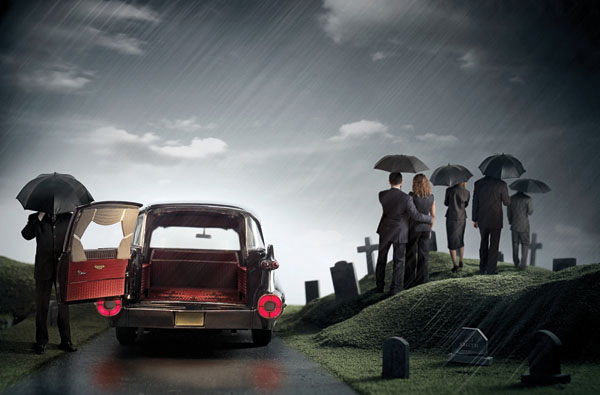
Given the myriad problems that can arise in the handling and preparation of a dead person’s body, funeral homes face a number of unique risks that must be addressed by their insurance policies.
Craig Shink, an experienced producer with Fabricant & Fabricant Inc. in Roslyn, N.Y., not only regularly handles such policies—but also has seen firsthand the emotional damage that can be inflicted on a family at a highly sensitive time when something goes wrong.
Recommended For You
Want to continue reading?
Become a Free PropertyCasualty360 Digital Reader
Your access to unlimited PropertyCasualty360 content isn’t changing.
Once you are an ALM digital member, you’ll receive:
- Breaking insurance news and analysis, on-site and via our newsletters and custom alerts
- Weekly Insurance Speak podcast featuring exclusive interviews with industry leaders
- Educational webcasts, white papers, and ebooks from industry thought leaders
- Critical converage of the employee benefits and financial advisory markets on our other ALM sites, BenefitsPRO and ThinkAdvisor
Already have an account? Sign In Now
© 2025 ALM Global, LLC, All Rights Reserved. Request academic re-use from www.copyright.com. All other uses, submit a request to [email protected]. For more information visit Asset & Logo Licensing.








